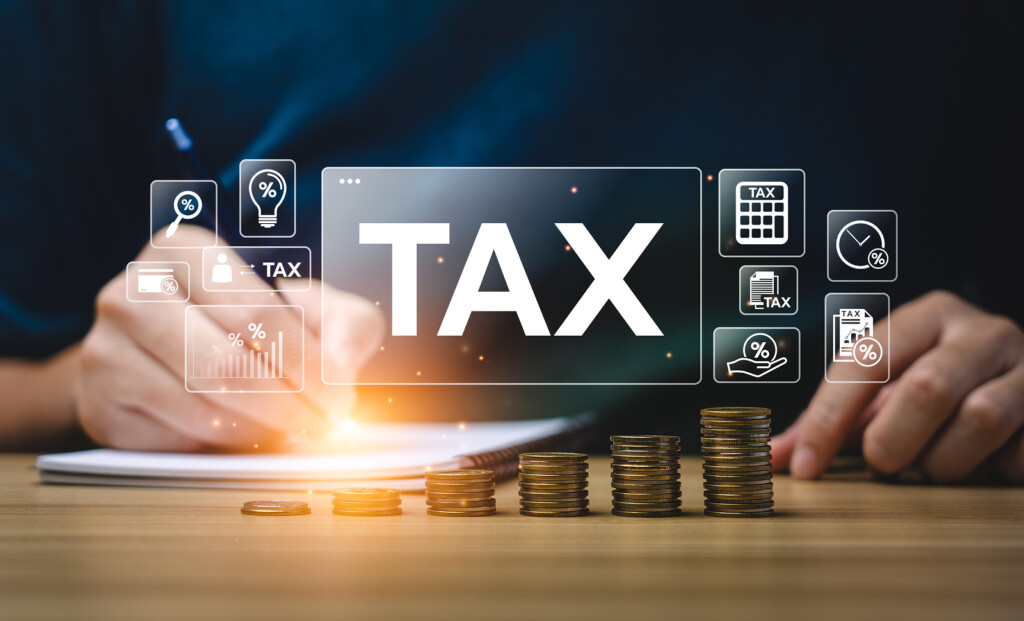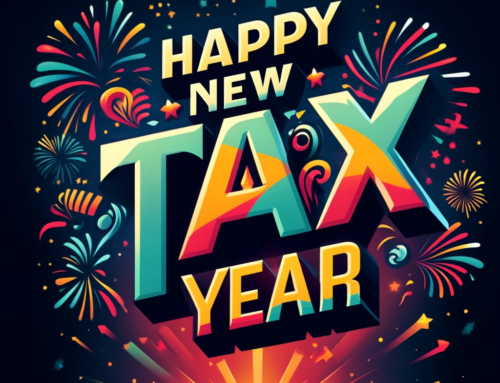
Companies are taxed at 19% on all the profit they make, if you took no money from the company at all, that is where the tax would stop. However, when you take the money from the business, you face further taxation.
This blog explores how best to pay yourself to minimise your tax burden.
The Options
There are different options for you to pay yourself:
- A salary
- Dividends
- Charging interest for money loaned to the company
- Charging the company to use assets
- Charging for mileage
- Pensions
- A mixture of the above
Salary
If you pay yourself a salary from your company, you will pay PAYE (@ 20% and 40%) and National Insurance (@ 12%) on any amount greater than £8,784. The company will also pay Employer National Insurance (@ 13.8%.)
Paying a salary does attract a Corporation Tax (CT) reduction because a salary is an allowable expense.
There are circumstances where taking a salary as your only source of income from the company is warranted, for example, where the company does not have the retained profit to pay a dividend.
Generally, keeping salary to a minimum will give the best outcome for tax.
Dividends
Most small business owners are both directors and shareholders of their companies. However, these are distinct and separate things in law.
Shareholders are investors in the company, and directors are officers of a company. An officer is entitled to a salary, but as a shareholder, you can be paid a dividend, subject to the discretion of the directors.
Dividends are a distribution of profit after tax and as such are counted as investment income. In the 2020/21 tax year dividends are taxed at a much lower level than salary – in fact, the first £2,000 are tax-free and then only at 7.5% up to the basic rate band.
Meaning in 2020/21 you can take £50,000 from a company and pay only £2,662 in personal tax.
Compare that to a salary of £50,000, and you will be paying £13,185 in tax.
This comparison ignores the effects of CT. Still, it is safe to say that the lower tax and no National Insurance on dividends do mean that dividends are an efficient way to pay yourself.
Dividends do come with three important health warnings:
1 – They can only be paid out of profit. If you do not have the profit, then you cannot pay the dividends. If you do, these dividends are illegal.
2 – They are paid Gross of tax, so you will have tax to pay on the money you obtain. So, you should save a % of any dividend you receive to settle your tax later.
- All shareholders rank equally, so if you have other shareholders and you pay yourself a dividend, they will need to be paid a dividend at a rate in proportion to their shareholding.
Charging rent to your business
If you own an asset personally that the business uses, you can pay rent from the company to yourself. This rent does not attract National Insurance but is taxable and should be declared on your self-assessment tax return.
The tax rates for this income are 20% for basic rate taxpayers and 40% for higher rate taxpayers. The company will get a reduction in its CT for this.
Charging interest on money owed
If you loan the company money or have a credit on your directors’ loan account, then you can charge the company interest. This interest must be at a fair market rate, and at the time of writing this could be anywhere between 1% – 6% per annum.
The first £1,000 of interest received by basic rate taxpayers is tax-free, after this the rate charged is 20%. For higher rate taxpayers the first £500 is tax-free, and after that, you will be taxed at 40%.
Mileage allowance
If you are not claiming business mileage, then you may be missing out on a good source of tax-free income. You can claim 45p for the first 10,000 miles and 25p thereafter.
This allowance is tax-free and is supposed to pay towards the cost of fuel and wear and tear of the vehicle. But consider this, 10,000 business miles means £4,500 tax-free for you and £855 less CT.
Running a car for 10,000 miles will cost you no more than £1,500, so you can see that this is a good source of tax-free cash. The mileage must be genuine business mileage and be supported by a mileage log.
Pensions Contribution
Directors can get payments into a company pension scheme for their benefit, and the company can get CT relief for these payments. For example, the company pays £20,000 directly into the directors’ scheme, and it obtains CT relief of £3,800 (CT @ 19%)
Payments into the pension attract no tax on the individual – this comes when the pension is drawn.
Pension contributions can be paid up to £40,000 per annum and backdated to prior years if this limit was not met in earlier years.
In conclusion – A mixture of the above
It is clear then that the worst thing you can do, from a tax perspective, is to pay yourself only a salary and the best thing is a mixture of all the above options.
Like all things involving tax, a little bit of planning can go a long way. Recently we saved a client £10,000 a year with some small changes to the way that they are paid.
How we can help
Tax planning should only be undertaken based on individual circumstances – savings mentioned in this blog are, for example, only and your circumstances could mean they do not apply to you.
If you are concerned with how you are paid, then please contact us to discuss your individual circumstances.
Download a PDF version here.






